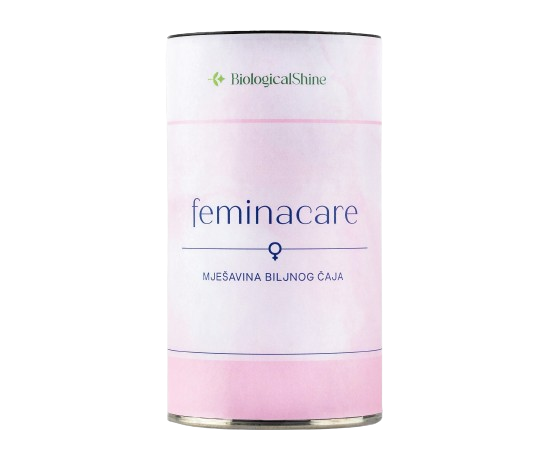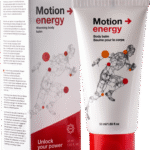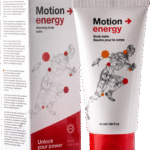Your menstrual cycle is more than just a monthly inconvenience—it’s a vital sign of your overall health. From mood swings to fatigue, irregular cycles to painful cramps, many women face challenges that can be eased or even prevented with a few smart lifestyle shifts. If you’re ready to feel better every month, this Menstrual Health Makeover is for you. These simple changes can deliver big results—naturally, effectively, and without stress.
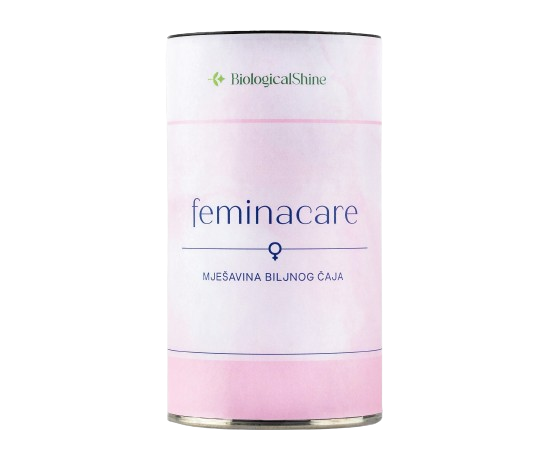
🌿 1. Upgrade Your Nutrition
What you eat directly affects your hormones. A diet rich in whole foods can help regulate your cycle and reduce symptoms like bloating and cramping.
Try this:
- Include leafy greens, whole grains, and iron-rich foods like spinach and lentils.
- Cut down on processed sugar, caffeine, and salty snacks.
- Add omega-3s (like flaxseeds or salmon) to reduce inflammation.
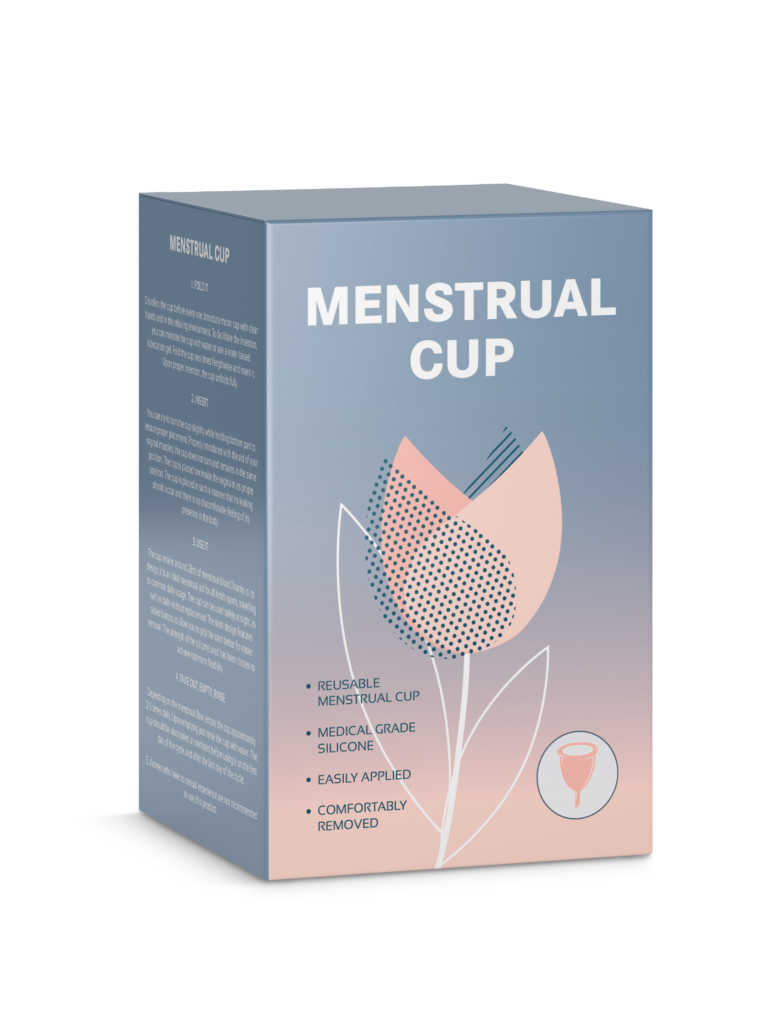
💧 2. Hydration = Hormone Balance
Drinking enough water can reduce bloating, improve energy levels, and even ease cramps.
Goal: Aim for at least 2 liters (8 cups) of water a day. Add lemon or cucumber if you need flavor.
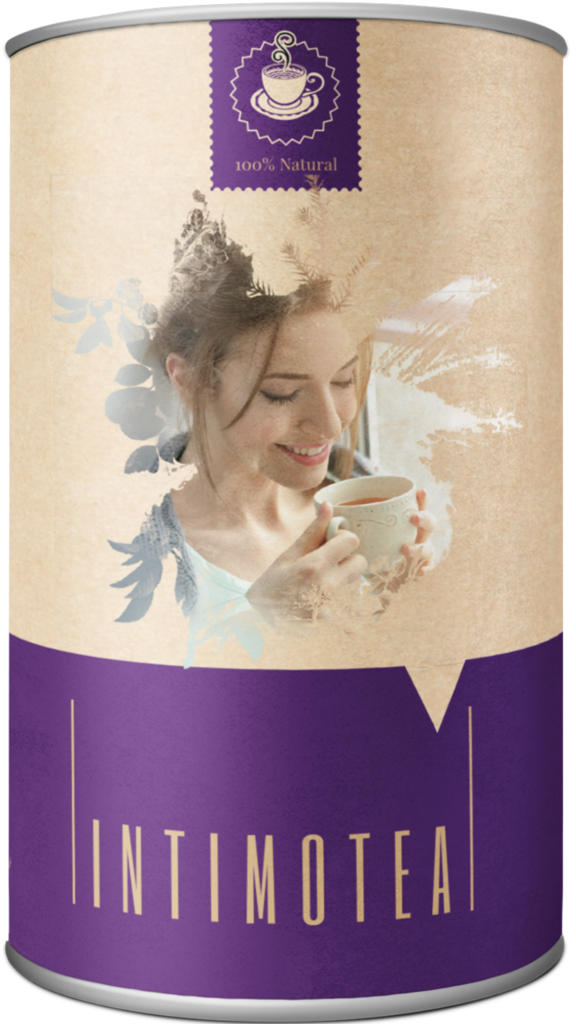
🧘♀️ 3. Move Your Body
You don’t need intense workouts. Gentle movement can improve circulation, reduce stress hormones, and boost endorphins.
Try this:
- Go for daily 20-minute walks.
- Do light yoga or stretching during your period.
- Avoid high-intensity workouts if you feel fatigued—listen to your body.
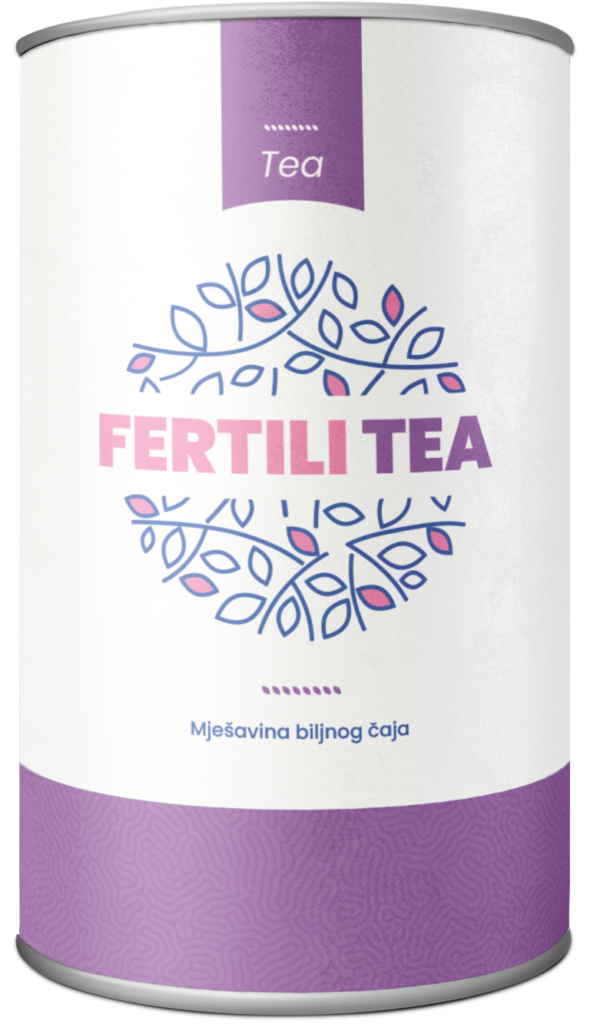
😴 4. Prioritize Sleep
Your body resets and repairs while you sleep, and poor sleep can disrupt hormone levels.
Tips for better sleep:
- Stick to a regular sleep schedule.
- Limit screen time before bed.
- Use blackout curtains or a sleep mask for deeper rest.
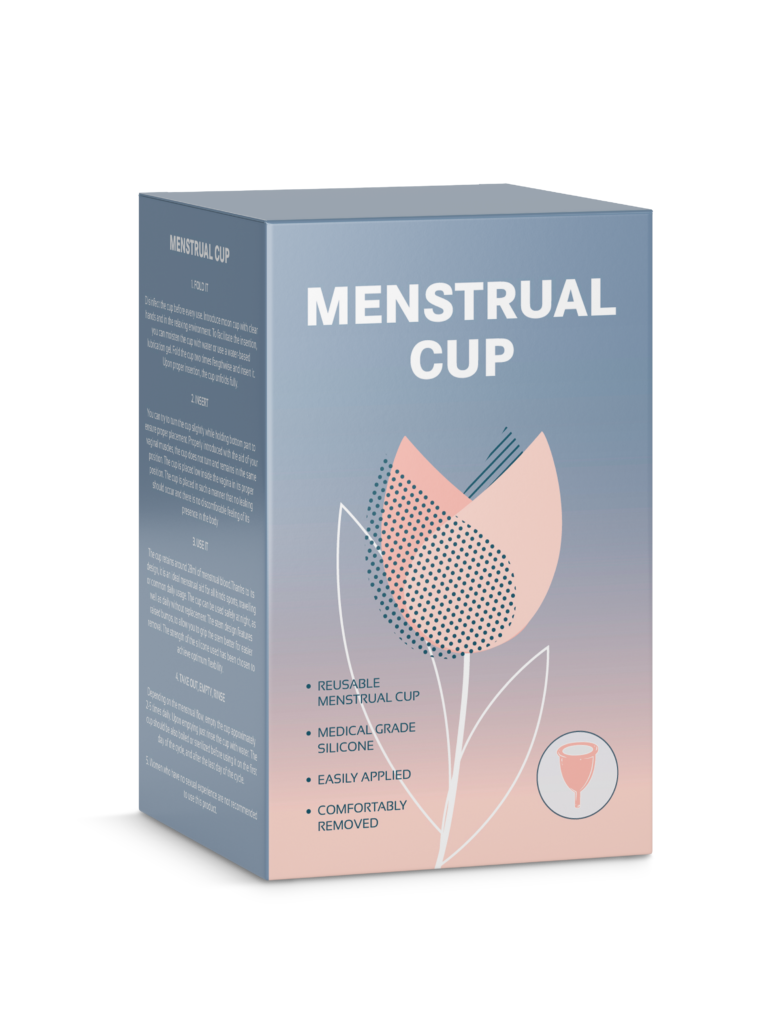
🧘 5. Manage Stress Mindfully
Stress throws off your hormonal balance, often leading to irregular periods or heavier flow.
Effective stress-reducers:
- Meditation or deep breathing (just 5–10 minutes a day).
- Journaling or creative hobbies.
- Saying “no” to things that drain your energy.
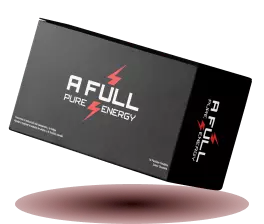

🩸 6. Track Your Cycle
Knowledge is power. Using a period tracker can help you anticipate symptoms and understand patterns in your body.
Apps to try: Clue, Flo, or My Calendar.
Tracking also helps when speaking with a doctor—bringing valuable data for diagnosis or treatment.
🧴 7. Rethink Menstrual Products
Tampons and pads are convenient, but not always the healthiest or most eco-friendly. Many contain chemicals that may irritate sensitive skin.
Try alternatives:
- Organic cotton pads or tampons
- Menstrual cups or discs
- Period underwear
These can also be more comfortable, cost-effective, and sustainable long-term.
🩺 8. Don’t Ignore Red Flags
Heavy bleeding, severe pain, or drastic changes in your cycle aren’t “normal”—they’re signs your body needs attention.
Common red flags:
- Periods lasting longer than 7 days
- Needing to change pads/tampons hourly
- Severe cramps that stop daily activities
Talk to a healthcare provider if you notice these issues.
🌼 Final Thoughts
Your menstrual health doesn’t have to be a monthly battle. By making simple, consistent changes, you can experience fewer symptoms, more energy, and greater control over your cycle. A menstrual health makeover isn’t about perfection—it’s about small shifts that lead to lasting wellness
What is a “menstrual health makeover”?
A menstrual health makeover is a set of simple lifestyle changes—like improving your diet, hydration, sleep, and stress management—that can help balance hormones, reduce period symptoms, and promote overall well-being during your cycle.
Can I improve my menstrual health without medication?
Yes! Many women find relief by adopting natural changes like eating nutritious foods, staying active, getting enough sleep, and using chemical-free menstrual products. However, always consult a healthcare professional if symptoms persist.
How soon can I see results from these changes?
Some changes, like improved hydration or light exercise, may offer relief within a few days. Others—such as nutritional adjustments or stress reduction—might take 1 to 3 menstrual cycles to show noticeable improvements.
Is it necessary to track my cycle?
Yes, tracking your cycle helps you recognize patterns, manage symptoms, and detect irregularities. It also provides valuable insights when discussing your health with a doctor.
What are the best foods for menstrual health?
Foods rich in iron, magnesium, and omega-3 fatty acids are especially helpful. Examples include spinach, lentils, bananas, nuts, seeds, and fatty fish like salmon.
Are menstrual cups or period underwear safe to use?
Yes, when used and cleaned properly, menstrual cups and period underwear are safe, hygienic, and eco-friendly alternatives to conventional products.
How much water should I drink during my period?
Aim for at least 8 glasses (2 liters) of water daily. Staying hydrated can ease bloating, fatigue, and headaches during menstruation.
What kind of exercise is best during menstruation?
Gentle activities like walking, stretching, yoga, or light dancing can boost circulation, reduce cramps, and elevate mood without straining your body.
When should I see a doctor about my menstrual health?
Consult a doctor if you experience:
1. Extremely painful cramps
2. Periods lasting more than 7 days
3. Excessive bleeding (soaking through pads or tampons every hour)
4. Irregular or missed cycles without a clear reason
Can stress really affect my period?
Absolutely. Stress impacts your hormones and can lead to delayed, irregular, or heavier periods. That’s why stress management is a key part of menstrual health care.
